Priscilla
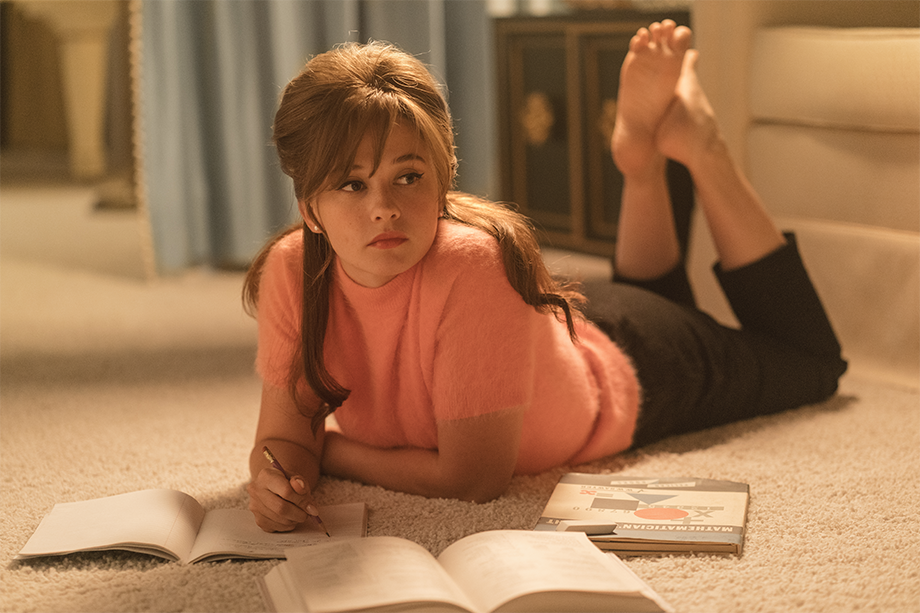
Sofia Coppola’s films are suffused with the bittersweet inevitability of adolescence: a period of life that changes you irrevocably and comes with an in-built ending. Anyone who has studied History at high school knows the outcome of Marie Antoinette (2006). In The Virgin Suicides (1999), it’s right there in the title. This sense of languid doom has never been more apparent than in Coppola’s new biopic Priscilla (based on its subject’s own memoir, Elvis and Me [1985, with Sandra Harmon]). We already know how this story ends – so the writer-director invites us to take the scenic route, emphasising texture and psychology over drama and causality.
Priscilla Beaulieu and Elvis Presley’s relationship will not last – this we know even before we see them meet at a party in West Germany in 1959. Priscilla (Cailee Spaeny) is fourteen years old, accustomed to going wherever her father’s Air Force service takes her. Elvis (Jacob Elordi) is twenty-four, and already a global sensation. As his military service ends and he departs for the United States, leaving Priscilla to pine in his absence, he all but orders her: ‘Promise me you’ll stay the way you are now.’ He is not speaking figuratively.
Continue reading for only $10 per month. Subscribe and gain full access to Australian Book Review. Already a subscriber? Sign in. If you need assistance, feel free to contact us.



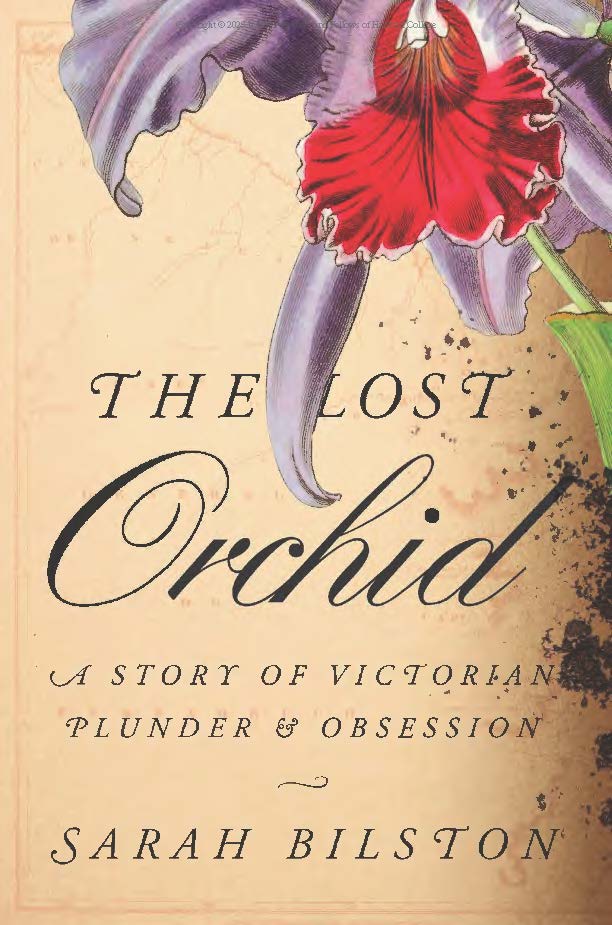
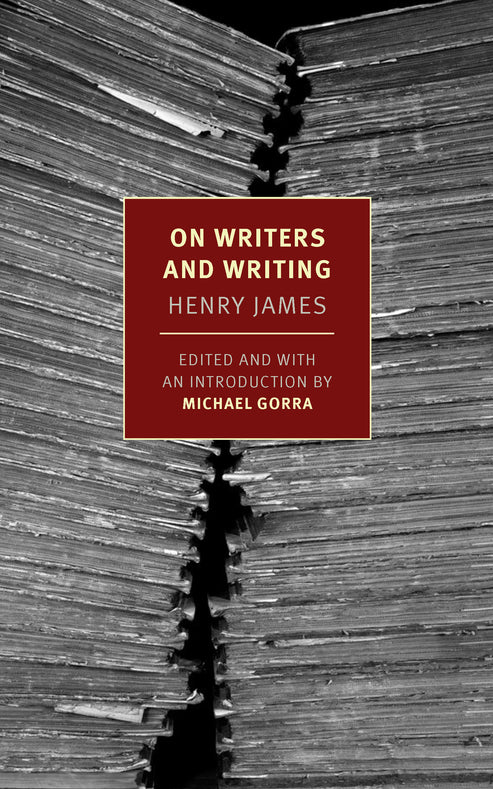
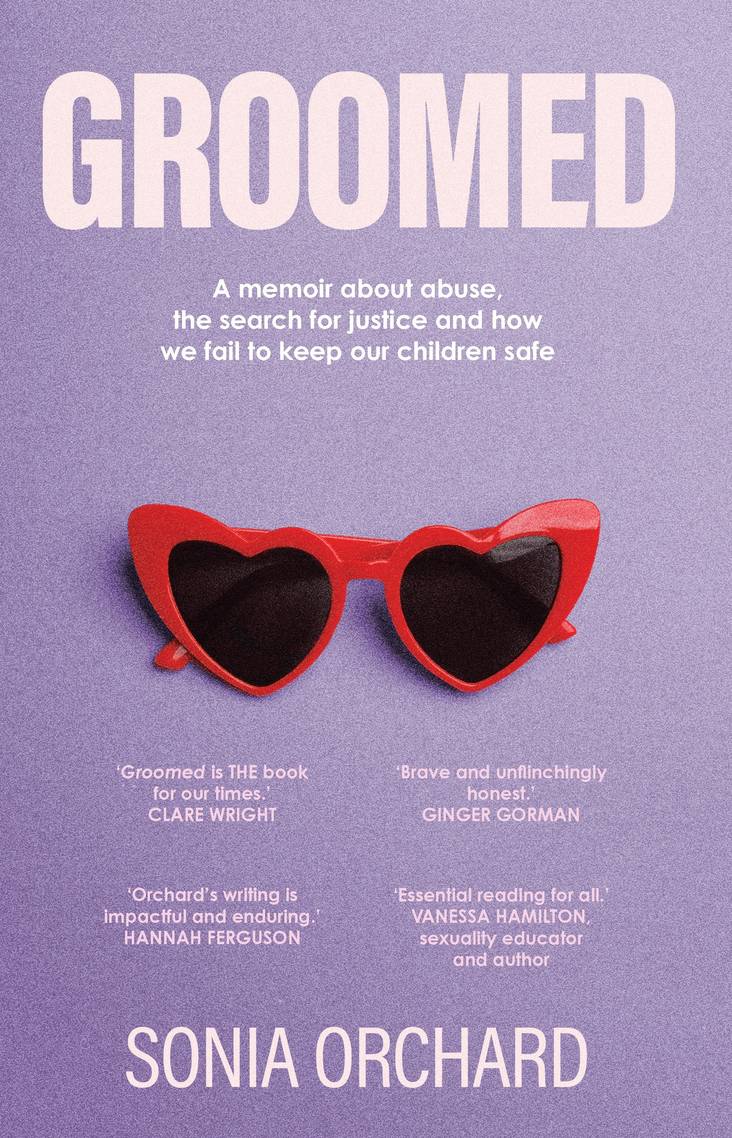
 RAI.png)
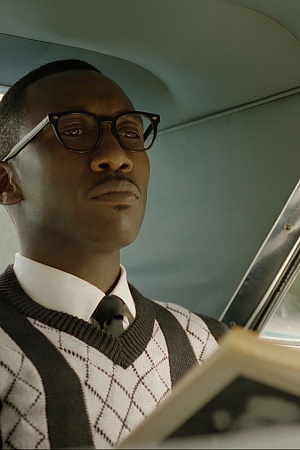







Leave a comment
If you are an ABR subscriber, you will need to sign in to post a comment.
If you have forgotten your sign in details, or if you receive an error message when trying to submit your comment, please email your comment (and the name of the article to which it relates) to ABR Comments. We will review your comment and, subject to approval, we will post it under your name.
Please note that all comments must be approved by ABR and comply with our Terms & Conditions.